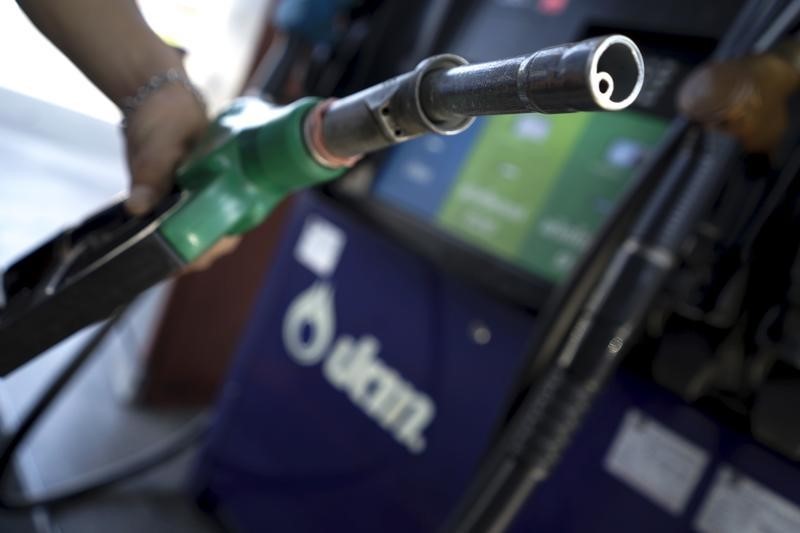(Bloomberg) -- European industry is being pushed closer to breaking point as the region’s energy crisis worsens by the day.
Power and gas prices are are hitting fresh records almost daily, and some energy-intensive companies have temporarily shut operations because they’re becoming too expensive to run. As winter approaches and Europeans start to turn on their heaters, the squeeze will intensify, pushing more executives into tough decisions about keeping plants open.
Ammonia producer SKW Stickstoffwerke Piesteritz GmbH is among those forced into drastic steps. The German company, which burns through 640 gigawatt hours of natural gas each year, equivalent to about 50,000 households, said Tuesday it will cut production by 20% to offset rising gas prices.
“It doesn’t make sense to make ammonia at these price levels,” said Chief Executive Officer Petr Cingr. “A complete production stop looms if the government doesn’t act.”
His warning was echoed the same day in the U.K., where the Energy Intensive Users Group called on the government to quickly roll out emergency measures or face businesses shutting down this winter.
The crisis ripping through the region is the result of a supply crunch tangled up with a burst in demand after the Covid-19 pandemic. It threatens to put the brakes on the economic rebound by jacking up business costs and household energy bills, and sending inflation to multi-year highs.
Many companies are trying to increase their energy efficiency, but any gains are being overwhelmed by the extent of the cost surge. The damage will worsen if the crisis evolves from a price shock to shortages, and more industrials have to take the dramatic step of flicking the “off” switch.
There’s even a risk that governments intervene directly, as has happened in China. That could involve restrictions on industrial energy consumption to conserve dwindling supplies and keep homes heated over winter, especially at Christmas.
“It’s really scary,” said Carsten Rolle, head of the energy department at Germany’s BDI industry association. “The price rises make you dizzy.”
Last month, CF Industries (NYSE:CF) Holding Inc., a major fertilizer maker, halted operations at two U.K. plants, citing high natural gas prices. Austria’s Borealis AG and Norwegian chemical firm Yara International (OTC:YARIY) ASA have also reduced output.
These measures will affect other industries, such as agriculture, adding to upward pressure on food prices. More widespread shutdowns would dent economic growth and put jobs at risk.
Options to alleviate the spikes seem to be limited. On the supply side, not much relief is expected from major natural gas producers, which have held back flows for their own domestic needs.
The longer the crisis drags on, the greater the chance of all-out supply shortages.
German giant BASF SE (OTC:BASFY) is already preparing for that, and says it’s secured long-term contracts with a range of gas providers to avoid getting hit by a crunch at any one supplier. The company’s Ludwigshafen facility, Europe’s largest chemical plant, has been designated “systemically relevant” by Germany’s grid operator, meaning its electricity supply wouldn’t be cut off in order to protect public supplies.
The impact of record gas, electricity and carbon prices has been greater on small and medium industrial producers, which have fewer financial protection options and are more exposed to volatility.
Already damaged by coronavirus lockdowns, many of Germany’s smaller firms decided against securing long-term energy supplies earlier this year and can’t afford to catch up now as gas prices are so high, according to Andreas Loeschel, professor of resource economics at Ruhr-University Bochum.
“So much depends on the the demand side of the equation,” he said, referring to the potential for a colder-than-expected winter. “A number of unlikely events are building up to cause a situation we’ve never seen before.”
©2021 Bloomberg L.P.
